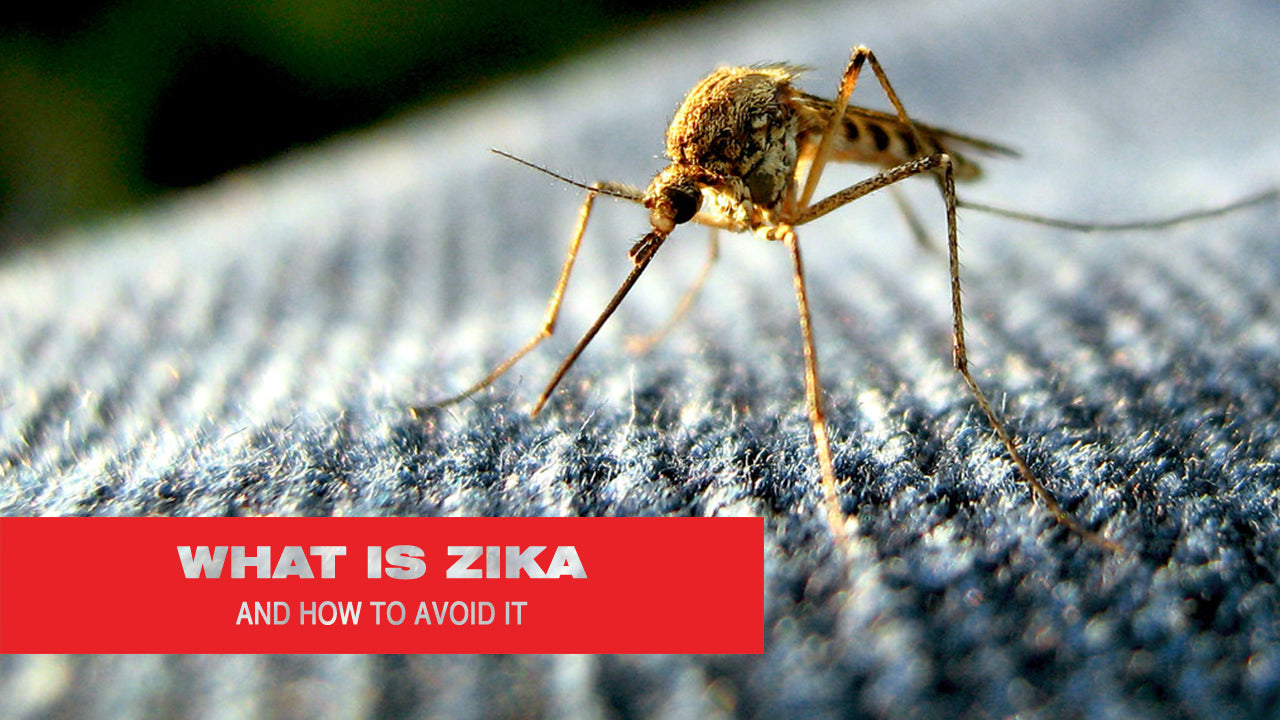What is ZIKA?
The Zika virus is a mosquito-borne infection. Since its first incident in Uganda in 1940, it has had only mild symptoms and no long-term effects. Or at least up until 2015, when the virus began spreading in the United States.
The outbreak in America affected many people and led to many cases of severe congenital disabilities. However, the virus has since been contained and has shown little to no activity for the past four years.
What are the Symptoms of Zika?
Signs and symptoms of Zika are generally mild, with fever, joint pain, rash, and/or red eyes. The effects subside within a week or so without any permanent harm. However, in some cases, the Zika virus can turn out to be extremely dangerous.
In pregnant women, Zika causes severe birth defects like microcephaly (a sign of incomplete brain development). In other extremely rare cases, it can also trigger paralysis, such as Guillain-Barré Syndrome.
How Does Zika Spread?
Zika usually spreads through bites from infected mosquitos. The species that carries the virus is the Aedes Aegypti. They also carry other viruses like dengue fever, yellow fever, and chikungunya.
Zika prone areas mostly include tropical regions found in Asia, Africa, Australia, and the United States. However, not every region has an active transmission of the virus.
The mosquitoes can be found active both in the day and at night. They can also contract the virus from an infected person and transmit it to another human. Other ways in which the virus can spread include bites from an infected animal and even unprotected sex with an infected person.
Zika Affected Regions in the United States
As of January 2020, no current local transmission of the Zika virus has been reported in the United States and US territories.
Even states like Florida and Texas that had reported local Zika transmission by mosquitoes back in 2016 and 2017 have not reported any incidents since.
How Many Cases of Zika in the United States in 2019?
Even though there has not been any local transmission of the virus, CDC has reported twenty Zika cases as of 2020 - of which 19 were of travelers that were returning from affected areas.
How to avoid Zika and Protect Yourself
The Zika virus does not have a vaccine or cure as of yet. The best and only form of prevention is avoiding mosquito bites at all costs.
A few suggestions include:
- Using insect repellents that contain DEET, OLE, picaridin or IR3535
- Wearing clothes that have been treated with a repellent, for example, permethrin
- Wearing long sleeves and long pants to avoid exposing skin
- Staying and sleeping in screened rooms (air-conditioned rooms will work just as well)
- Avoiding unnecessary travel to affected areas
- If you must travel, make sure you take extra measures in protecting yourself from mosquitoes
To learn more, you can follow our guide on how to eliminate mosquitoes in your backyard.
Should I See a Doctor?
Mild signs and symptoms of Zika virus usually go away within a week and don’t need any medical attention. However, you must immediately see a doctor if you notice any signs and symptoms of the Zika virus during pregnancy.
It’s also advised to get a few tests done after returning from an affected area just in case.
For more information on other mosquito borne diseases and illnesses, read our guide about other common mosquito-borne diseases in the United States.











